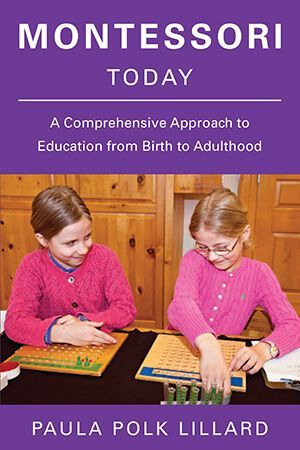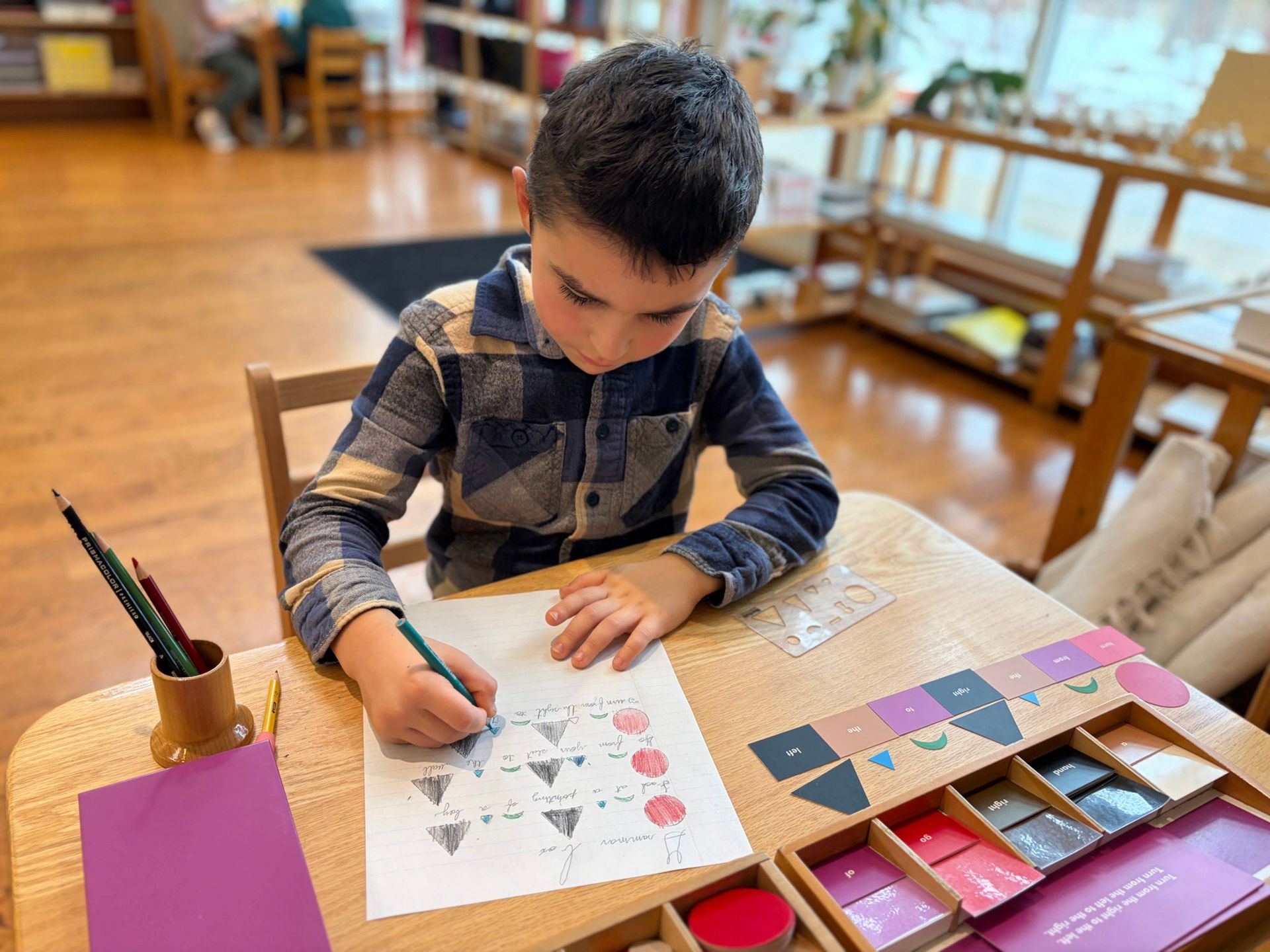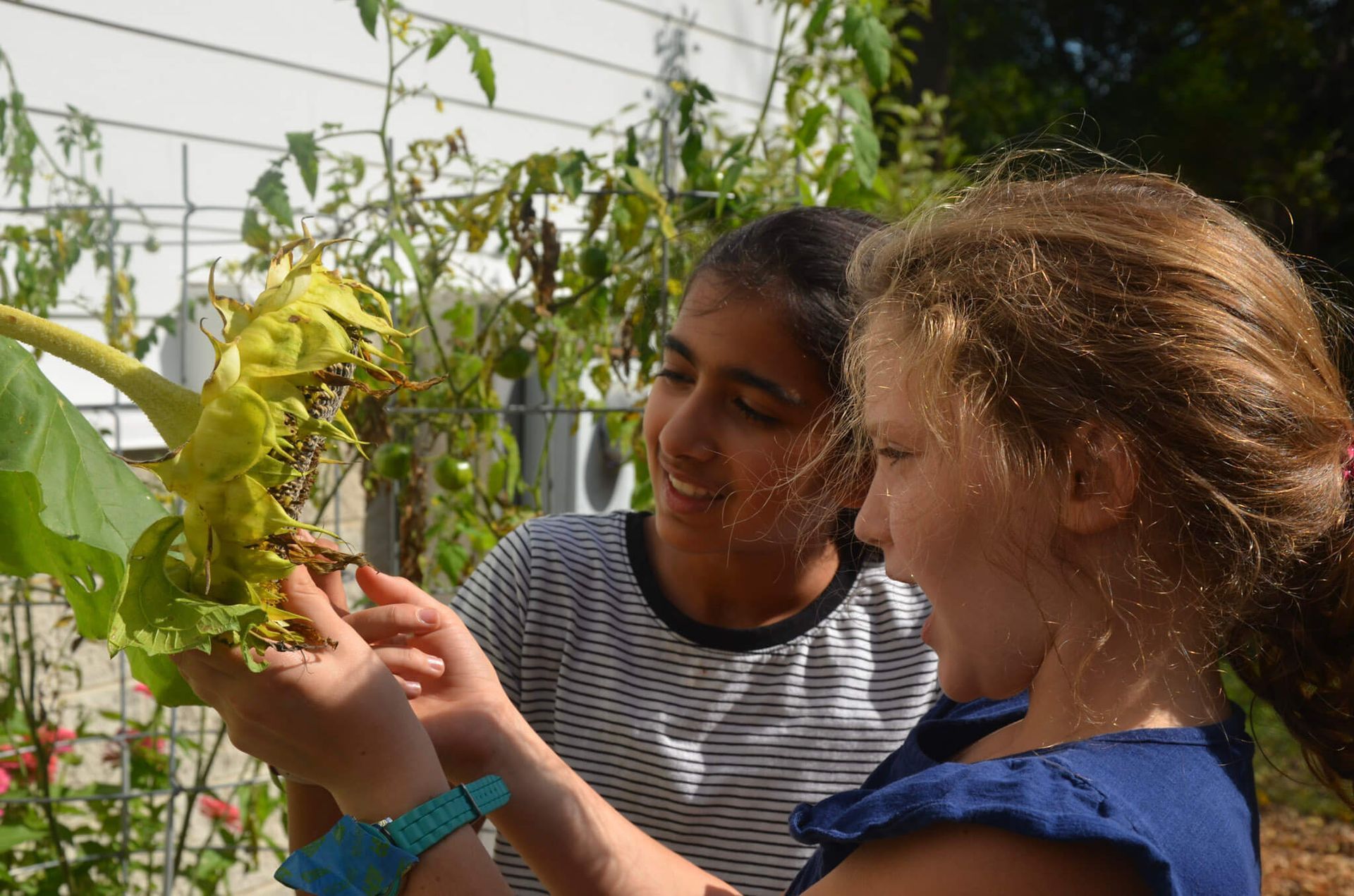
More than a century after Dr. Maria Montessori developed a pedagogy based on her scientific observations of children, Montessori education is still considered a revolutionary approach, with its multi-age classrooms, self-directed learning, specially prepared environments, and sensorial materials. Perhaps the most revolutionary thing about Montessori education is its end goal: to allow for the optimal development—intellectual, physical, social, and emotional—of the whole child. This ambitious aim was the driving force behind Dr. Montessori’s life’s work, and a growing body of educational research now supports much of what she knew to be true through her own observations: Children thrive in academic and non-academic ways when given freedom and responsibilities in an environment that has been prepared according to their developmental needs.
While studies have shown Montessori students to outperform their non-Montessori counterparts on measures of academic skills, social skills, creativity, and executive function, the research on Montessori suggests that its effectiveness is largely dependent on the fidelity of implementation. At a time when the demand for Montessori education is growing, it is helpful to have resources that allow parents and educators to better understand what an authentic Montessori education looks like. One such resource is Paula Polk Lillard’s book Montessori Today: A Comprehensive Approach to Education from Birth to Adulthood, which provides readers with a glimpse inside authentic Montessori classrooms and explains the philosophy, principles, and rationale of the approach. Covering topics such as the role of the Montessori teacher, the classroom environment, the Planes of Development, and the Great Lessons, Lillard bridges the theoretical underpinnings of the approach with its practical implementation across ages.
For parents and educators who seek to engage in deeper conversation and/or thought about the topics presented in Montessori Today, there is now a Discussion Guide to accompany the book. The guide uses quotes from the text and thought-provoking questions to encourage readers to examine their own educational experiences and beliefs about child development and education. By inviting readers to relate to the Montessori approach from a personal standpoint, the guide provides an accessible way for readers to think about and discuss the foundational tenets and core characteristics of an education designed to meet the needs of the whole child.
We encourage parents and educators to download the Montessori Today Discussion Guide and use it for individual reflection as well as small group discussion. Whether you are an educator looking to engage parents in meaningful discussion about Montessori education, a student considering a career in Montessori education, or a parent exploring Montessori for your child, the Discussion Guide can serve as a useful tool for reflection.


